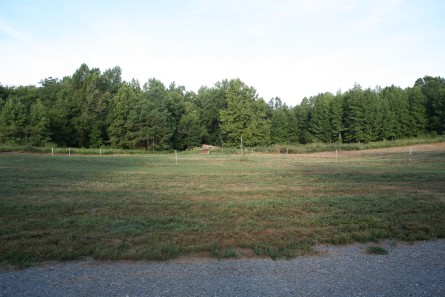The DMCA (Digital Millenium Copyright Act) was sold to the American people as a compromise: give media companies stronger powers to prevent people from copying their content, for longer periods of time, and in return they will make much more of their precious content much more available to many more people via the internet. Passed nearly 10 years ago (October 12th, 1998), the DMCA has been nothing but trouble, allowing large media concerns to operate with powers unimagined when most of the subject content had been created, and to this date, they make precious little that will run with any of the kinds of freedoms we enjoy elsewhere in cyberspace.
The Canadians therefore enjoy 10 years of legal hindsight as their government attempts to “harmonize” its copyright legislation with the US. And they seem to know that what has largely failed to increase content availability, access, and certainly profits (when it comes to music) for the US population doesn’t promise very much in the way of goodness for the much smaller Canadian population presently contemplating the legislation. Michael Geist is one Canadian who surely must be singing “We Won’t Get Fooled Again” as he launches a cyber campaign to stop the maddness. According to the article:
“We’re talking about more than just copyright here. We’re talking about the digital environment,” he said. “This legislation represents a real threat to the vibrancy of that online environment.”
Industry Minister Jim Prentice introduced the bill in June, calling it a “made-in-Canada” solution to online piracy. But critics responded that the bill was a carbon copy of the American Digital Millennium Copyright Act.
If passed, Bill C-61 would make it illegal to circumvent “digital locks” on CDs and DVDs and impose a $500 fine on anyone caught downloading illegal copies of music or movies.
Geist also launched a video contest on YouTube inviting Canadians to give their thoughts on Bill C-61 in 61 seconds. A panel of five judges, including Ontario Privacy Commissioner Anne Cavoukian, will announce the winner on Sept. 15 — the day MPs return to the House of Commons.
It’s late at night, so I don’t want to start a tirade about just how angry it makes me to see a perfectly decent government contemplating something so stupid, not to mention harmful. And it makes me wonder whether the Canadian government really can be up to something like this solely because some lobbyist got ahold of some MP, or whether there is some behind-the-scenes deal cooking with the US. Whatever the case, citizens in both countries should protest, Americans for the rights we have lost and Canadians for the rights they could lose if C-61 passes.
Michael, keep up the good fight!



